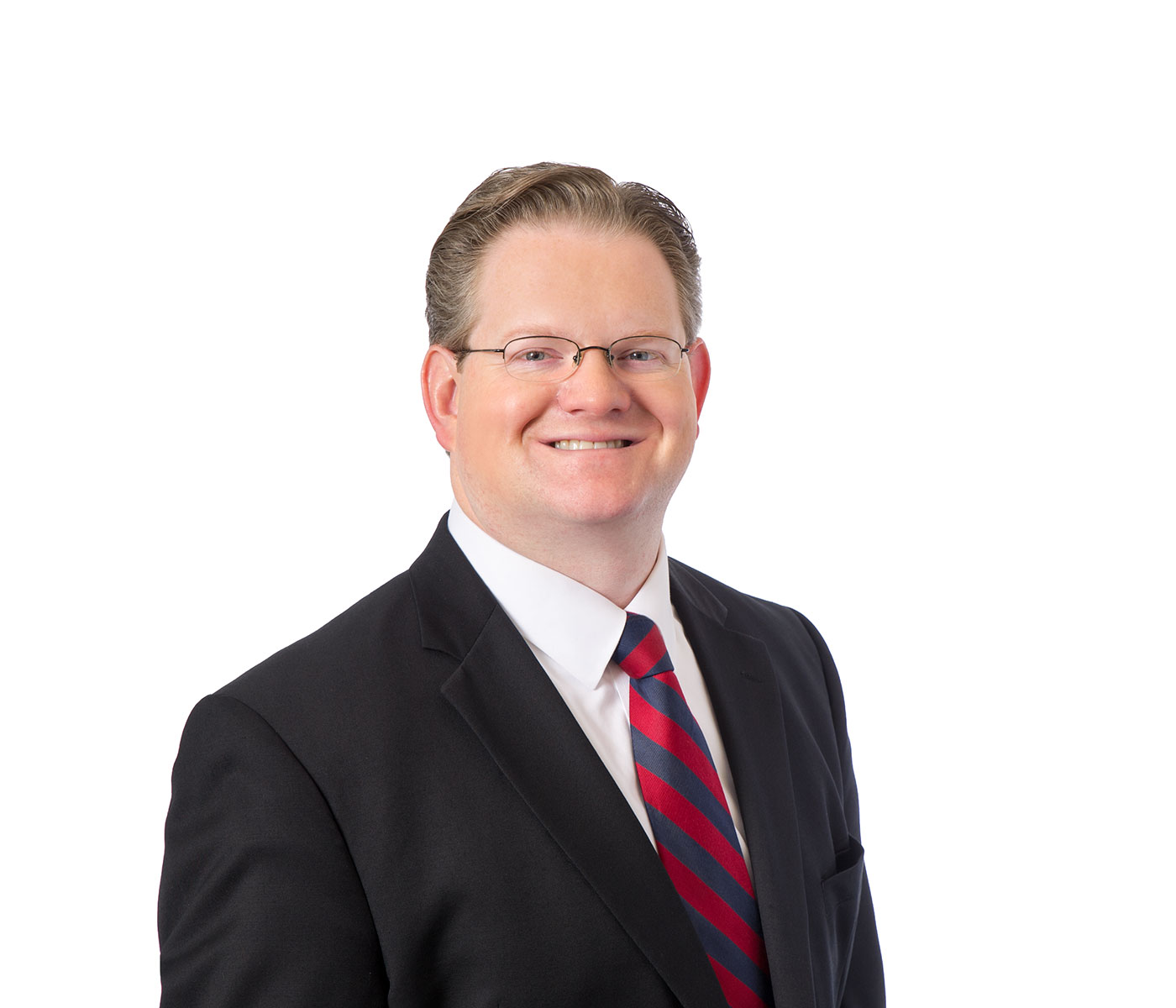“Fair share” union fees may very well be on their way out in the public sector. On September 28, 2017, the United States Supreme Court agreed to accept the case of Janus v. American Federation of State, County, and Municipal Employees (AFSCME). This case revisits the constitutionality of fair share fees being imposed upon an employee as a condition of employment.
The issue goes back to the seminal 1977 Supreme Court case of Abood v. Detroit Board of Education. In Abood, the unanimous court held that it was lawful for members of a bargaining unit – but who were NOT voluntary members of the applicable labor union – to be assessed a union fee as a condition of employment. The theory in Abood was that it is unjust to require unions to represent a minority of non-paying “free riders” within a bargaining unit who would then reap the benefit of the union negotiating and enforcing their labor contract. By law, unions are required to represent all members of a bargaining unit, including the processing of grievances for those who have not signed union membership cards.
Since Abood, both public sentiment and the opinion of justices have shifted. Many Supreme Court observers predicted that mandatory fair share fees to unions would be abolished with the early 2016 decision in Friedrichs v. California Teachers Association. That decision challenged fair share fees head-on based on First Amendment grounds.
However, the unexpected death of Justice Antonin Scalia a month before the Friedrichs decision was released resulted in a 4-4 deadlock. Therefore, the lower court decision to allow fair share fees was permitted to stand. Half of the justices in Friedrichs would have abolished fair share fees on the grounds that mandating any dues payments equates to mandating a worker’s speech.
Today, laws in 22 states, including Ohio, permit mandatory fair share fee payments from all those covered by a collective bargaining agreement, but who have opted not to join the union. There are currently about 11 million union employees in these 22 states. The other 28 states have “right to work” laws, which expressly prohibit requiring workers to join or financially support a labor union, unless those workers do so of their own volition.
The case now before the Supreme Court involves Mark Janus who is a child support specialist employed by the state of Illinois. He and a small group of others filed suit two years ago based on the same free speech arguments brought forth in Friedrichs. Janus objected to being required to pay $44 per month to AFSCME, which covers approximately 35,000 other state workers.
Many now view Janus v. AFSCME as the final blow to the 40-year-old Abood precedent. It is unlikely that Justices Roberts, Thomas, Alito and Kennedy will have had a change of heart on the same issue in the span of a year. It is highly likely that Justice Neil Gorsuch is poised to be the fifth vote necessary to strike down Abood. The Janus decision is due to be released in summer of 2018.
The practical impact of the likely outcome in Janus may not be felt immediately in the workplace. It has been estimated that as many as 30% of union members will cease paying union dues if the requirement is abolished. Consequently, an abolishment of fair share fee payments will ultimately weaken their ability to conduct business.
Unions are keenly aware of this dynamic. They will likely seek alternatives to existing and upcoming collective bargaining agreements in the short term in an attempt to contractually preserve fair share fees for as long of a period as possible.
Any questions on this topic can be directed to Max Rieker at 216-928-2972 or mrieker@walterhav.com.
